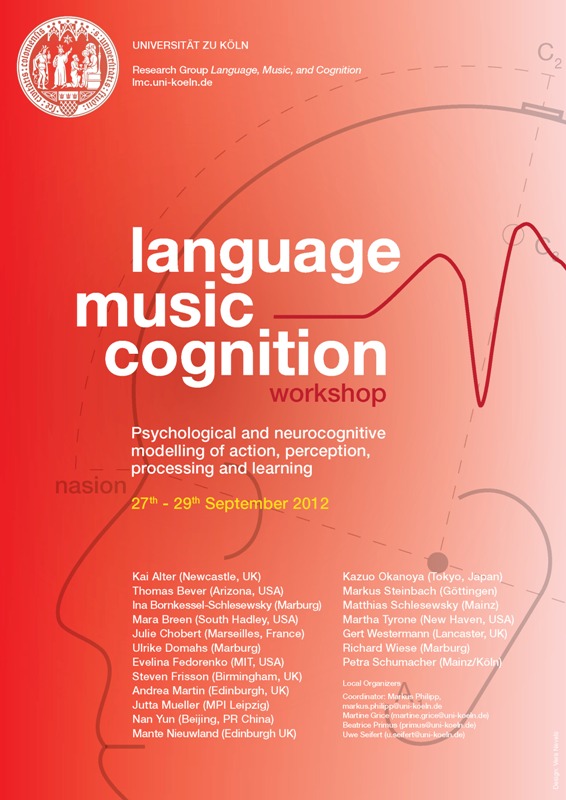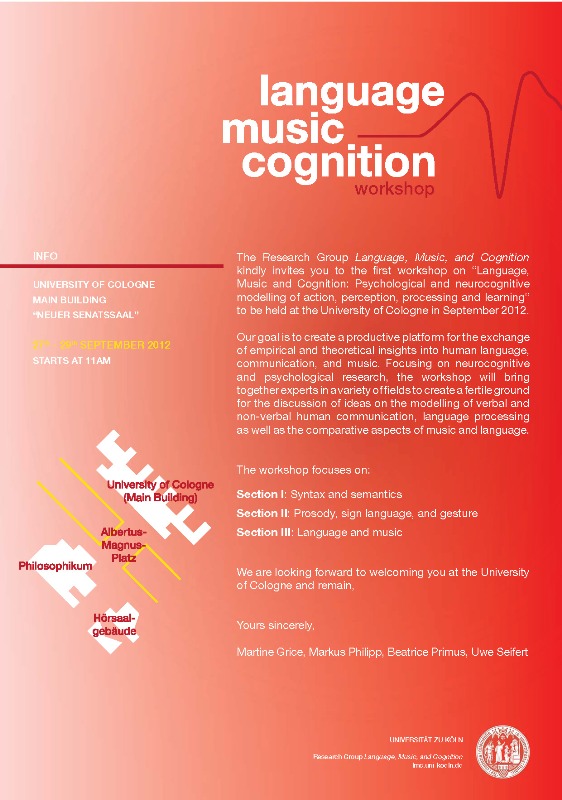Title: 1st International Conference on Computation, Communication, Aesthetics and X
Location: Bergamo Città Alta, Italy
Link out: Click here
Start Date: 2013-06-27
End Date: 2013-06-28
The development of computational tools and media has been radically transforming the landscape for the practice of design, the arts and numerous cultural manifestations. Recognizing this, xCoAx is designed as a multi-disciplinary and nomadic enquiry on arts, computers, computation, communication and the elusive x factor that connects them all.
xCoAx is a forum for the exchange of ideas and the discovery of new and profitable synergies. It is an event exploring the frontiers of digital arts with the participation of a diverse confluence of computer scientists, media practitioners and theoreticians, that will focus on the relations between what can and cannot be computed, what can and cannot be communicated, what is beautiful and how humans and computational systems intersect in the development of new directions in aesthetics.
Format
Day one: Conference and keynote. All presentations will be selected by double-blind peer-review by an international and multidisciplinary scientific committee. Presentations will be organized in panels chaired by a moderator that will sum up the presentations and lead a discussion with the authors and audience. A guest keynote will close the day.
Day two: Demos, poster presentations, exhibition and performances. All demos and posters will be exhibited at various spaces in and around the conference room and the cloisters of UniBG Sant’Agostino. Presentations and discussion will be organized throughout the afternoon, networking authors and audience. During the evening, performances will be presented at Bergamo’s Piazza Vecchia, the central location of the Bergamo Città Alta.


